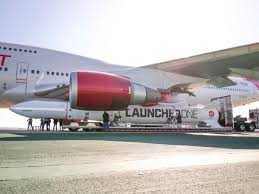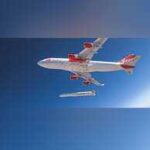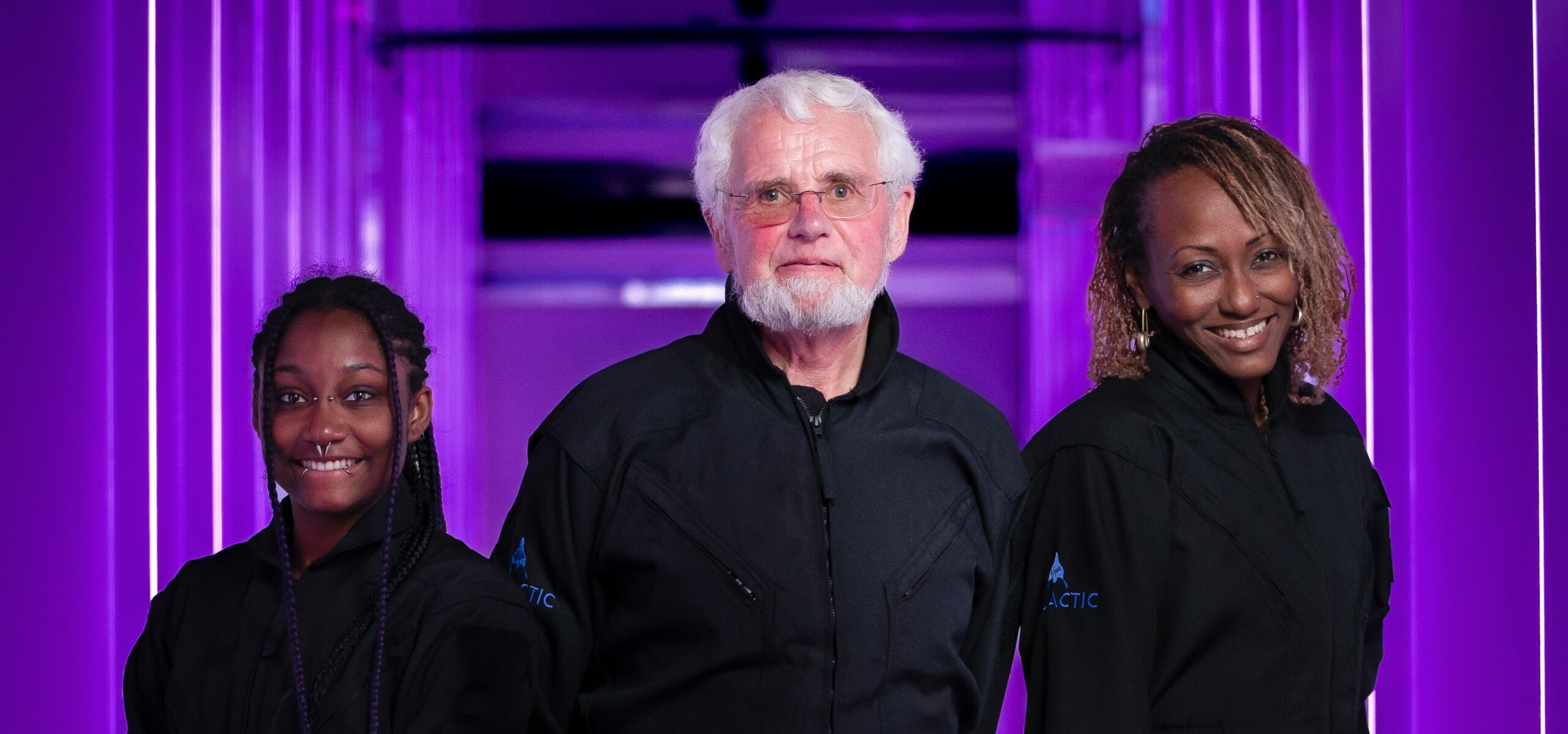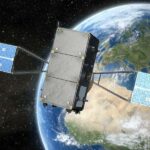
The first orbital space launch from the UK is due to take off on this evening (Monday 9 January) from Cornwall Airport in Newquay, which will see a repurposed 747 jumbo jet, that has been given the name Cosmic Girl, release a rocket, which it will be carrying beneath its wing, 35,000 feet above the Atlantic, to blast nine small satellites to a height of more than 500km above the Earth.
This has all come to fruition eight years after it was shortlisted as a potential “spaceport” site. The Cornish Council has invested £12m into the “Spaceport Project”, which is proposed to employ up to 50 individuals over the coming three years, plus a further 150 jobs created as a direct result.
That sum was in conjunction with a further 7.85m which has come from central government; and the local economy is believed to be potentially in line for upwards of a £200m annual boost, along with the strong anticipation that this mission can be just the beginning of the UK’s future strategy for space.
The flight is due shortly before midnight GMT and has a designated rocket launch zone just off the coast of Ireland, close to the counties of Kerry and Cork.
Branson’s joint venture
Virgin Orbit, which is based in Long Beach, California, was actually founded by British entrepreneur Sir Richard Branson, and has set up a mission control centre at the county airport in the south west of England. Previously they have carried out four straight successful rocket launches over the Pacific Ocean from the Mojave Air and Space Port, north of Los Angeles.
Aircraft adapted for journey
The adapted aircraft has been stripped out to save weight, and compensate for the heavy load of a fully fuelled rocket. Its cockpit has largely been unchanged, aside from the addition of a small red button, which will be pressed at the appropriate moment by RAF squadron leader Mathew “Stanny” Stannard, who is on secondment to Virgin Orbit, and will be the lead pilot on the mission.
Cornwall overcame ridicule
When Spaceport Cornwall was first muted there was some ridicule and certainly not a deal of “being taken seriously” before the bid started to get the respect it deserved, to now arrive at this momentous occasion. There is widespread excitement which boss Melissa Thorpe said would be quite emotional for all involved, and the culmination of a project that a lot of people doubted would ever actually happen.
She spoke of the learning experience everyone had been on and saying: “We are the guinea pigs, but I think it is the next chapter for Cornwall, although there is also a wider ambition too. If this succeeds, it should help to position the UK as a leading place for space.”
Pilot’s delight at secondment
Flight Lieutenant Stannard said he was delighted to have been chosen for the secondment and looking forward to working with the Virgin Orbit team. “There are significant opportunities for the RAF in the space domain, so to be at the forefront of this area is a real privilege, he said before adding that he along with his supporting team, would be monitoring the rocket, making sure it is healthy all the way out, ahead of the “terminal count procedure.”
He explained that involved going through a sequence of pressurising the tank and chilling the lines, and then it would be his job to “make sure the aeroplane is at the right bit in the sky, in the right position, so when the rocket says ‘I am ready to go’, away she goes along with the satellites held in special dispensers.”
The actual satellites, which are termed cube-sats, and not much bigger than an average family toaster, will be gathering intelligence, such as listening across radio transmissions that are picked up from ships.
Council leader praises “success story”
Louis Gardner, the Cornwall Councillor with current responsibility for the project spoke of an expectation for many businesses to move to the county as a direct result of the Spaceport. He was keen to let the media know about representatives from the project visiting every school in Cornwall to help let all the young people feel involved. “It demonstrates to our children that they do not need to leave the county to secure a decent job in engineering or technology; it is genuinely a good news story and genuinely non-political… it is a real Cornish success story.”
Complex operation
Deenah Sanchez, the launch director, announced that the operation would be complex, with the ground hardware, an entire aeroplane, and a rocket making three different launch systems all in one, requiring specialists in each area, having their own responsibilities in the control room.
Runway a deciding factor
One of the deciding factors in selecting the airport at Newquay was its 2.7km (1.7 miles) of runway which is one of the longest in the UK, making it one of the few runways in the country capable of handling an aircraft such as Cosmic Girl, plus it heads straight out to sea, giving it added safety compared with some of the alternative options.
Schedule set
The mission will be live-streamed on Virgin Orbit’s YouTube channel, from 9.00pm GMT, with the launch window opening at 10.16pm. The rocket, LauncherOne, will then be released off the coast of Ireland between 22.54pm and 23.54pm, before the aircraft returns sometime between midnight and 1.00am on Tuesday 10 January.
All of the tickets for the viewing area were immediately snapped up, but a warning has been issued that there is no guarantee the launch will take place on its first attempt.
County of innovation
The many doubters of the project in Cornwall have spoken out without actually researching the county’s rich history in technological innovation. Indeed the very first trans-Atlantic wireless signal was sent by Guglielmo Marconi from Poldhu, situated on the Lizard Peninsula, in the south of the county, back in December 1901. This was 30 years after a cable was brought ashore at Porthcurno, also in the south of Cornwall, which would allow the first messages to be sent to and from India.





0 Comments